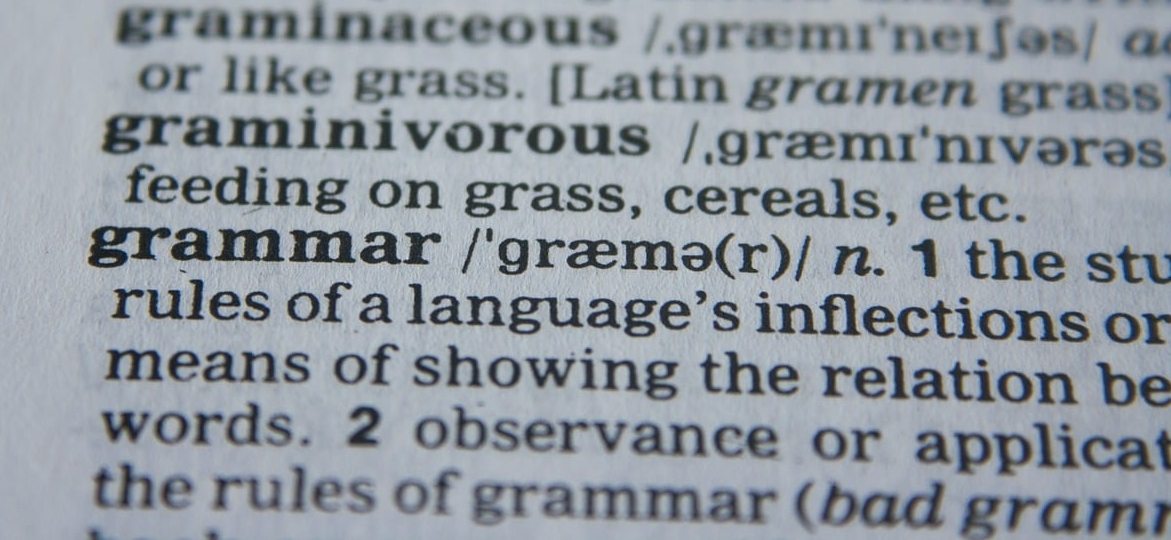Welcome to another GlobalExam article on another French grammar topic. This time we’re discussing French possessive adjectives. Read on to hear about:
- What a possessive adjective is
- How to modify French possessive adjectives
- Putting them into a sentence
- The 18 different French possessive adjectives
In a few short minutes you’ll know everything there is to know about using French possessive adjectives. If you wish to take the tests DELF, DALF or TCF revising all our french grammar and conjugation worksheets is always a great idea!
Read on and start learning French on your own!
What is a possessive adjective?
Possessive adjectives are one type of adjective and just like adjectives, they modify a noun. Specifically, French possessive adjectives tell us to whom or what the noun in questions belongs. Here are some examples:
- C’est votre billet (“That’s your ticket”)
- Elle est leur fille (“She is their daughter”)
- Ceux sont nos chiens (“They are our dogs”)
This might all seem very similar to English so far, but things are – of course – a little trickier in French. Stay tuned.

Modifying French possessive adjectives
As you already know, French adjectives must be modified to agree with the noun they describe in gender and number. This is where we see a significant departure from the rules we are familiar with in English. Whereas we modify English possessive adjectives to indicate the gender of the person to whom the noun belongs – such as “him” and “her” – the opposite occurs in French.
French possessive adjectives take different forms depending on the noun they are describing. This means that if the noun is masculine and singular, the possessive adjective should be too.
The masculine singular possessive adjectives are: mon, ton, son, notre, votre, leur.
The feminine singular possessive adjectives are: ma, ta, sa, notre, votre, leur.
The plural possessive adjectives are the same for both genders: mes, tes, ses, nos, vos, leurs.
Let’s take a look at some examples:
- As-tu ton manteau ? (“Do you have your coat?”)
- Ma soeur adore chanter (“My sister loves singing”)
- Leurs chats sont très beaux (“Their cats are very beautiful”)
The exception to the rule
Now we’re going to talk about an exception, because there are always exceptions in French grammar!
We’ve just explained to you that a French possessive adjective must take the same gender as the noun it describes. This is true, however, we can see a variation in this rule when we encounter a feminine noun beginning with a vowel. In this case, the noun’s possessive adjective is formed in the masculine for pronunciation reasons. Here’s an example:
- Je suis allée au cinéma avec
mamon amie (“I went to the cinema with my friend”)
In this example, the noun amie (“friend”) is in the feminine and it begins with a vowel, a. Pronouncing ma and amie together would be awkward, so instead we use the masculine possessive adjective mon.
How to position possessive adjectives in a sentence
When it comes to placing French possessive adjectives into a sentence, things are simple. The possessive adjective always precedes the noun it describes. No exceptions! Here’s an example:
- Où sont ton frère et ta sœur ? Ils amènent leurs enfants ce soir ? (“Where are your brother and sister? Are they bringing their children this evening?”)
The 18 French possessive adjectives
Now you’ve got to grips with the mechanics of French possessive adjectives, let’s take a look at a comprehensive list of all the possessive adjectives that exist in French. Spoiler: there are 18!
Let’s kick things off by looking at all the possessive adjectives in their different variations:
| Masculine singular | Feminine singular | Masculine/feminine plural | |
| je | mon | ma | mes |
| tu | ton | ta | tes |
| il, elle | son | sa | ses |
| nous | notre | notre | nos |
| vous | votre | votre | vos |
| ils, elles | leur | leur | leurs |
These tables might look a little daunting at first, but once you’ve studied them you’ll see that French possessive adjectives follow a very regular pattern.
Note: the possessive adjectives for the third person plural all sound exactly the same: it’s only when they’re written that the additional s for the plural is apparent.
Tackling French grammar with GlobalExam
If you want to make progress in French, you need to get to grips with the foundations of French grammar. French possessive adjectives are one of the building blocks of the language, so there’s no avoiding them!
We hope you’ve found this grammar breakdown helpful. If you have, you can find plenty more grammar sheets on the GlobalExam e-learning platform. We also have a wide selection of exercises and tests to help you put your knowledge into practice.
Whether it’s adjectives, tenses, conjugations or vocabulary, you can find the resources to help you clear the mist. Sign up today!



